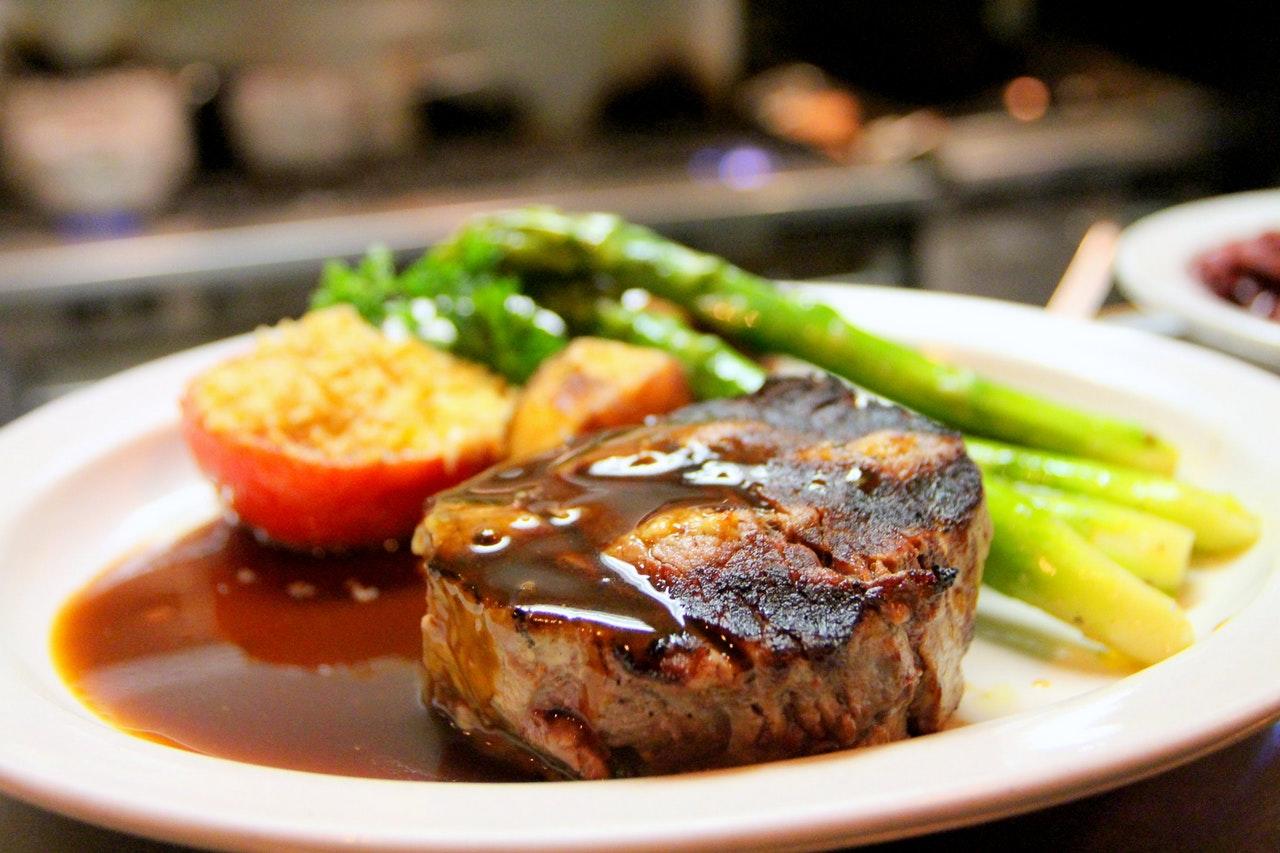The food industry has had to react and adapt to the global changes currently being faced. There have been supply and demand shifts, restricted import and export and changing eating habits. Are these changes here to stay or will things return to normal after the pandemic?
Shift Towards Less Dairy
Demand for dairy has dropped and thus supply has had to follow. Typically, around an eighth of what UK dairy farms produce is exported worldwide. With the remaining milk, half the supply goes into retail and half into the food industry (supplying restaurants and cafes). Offices have closed and with that so have the cafeterias and the need for executive catering. Without a daily Starbucks on the way to the office, our need for lattes and fancy coffees is depleted. More than half of the market has gone as restaurants, cafes and workplaces have been brought to a close. Now the suppliers only need to match the demand of the supermarkets which, though large, is not enough to counteract the missing market.
Meat Market
There seems to be a general trend shifting towards home-cooked meals and more traditional food. For many, that means reverting to the old “meat and two veg” standard. However, this cannot begin to compensate for the absence of restaurants. With restaurants closed countrywide, including the big chains, farmers are feeling the effects. In addition to dairy, eggs and potatoes, meat products are experiencing a drastic dip in demand. Notably, McDonald’s typically spends more than £600 million annually on meat and dairy.
The business model is more inflexible than people expect. Food producers are unable to simply switch to the retail sector if they have long-standing contracts with the restaurant and food sector. Additionally, the type of produce concerned is not necessarily the same. Transforming their business model at this stage will also have ramifications for when they will be operating again as normal, post-coronavirus. This means that the 23,000 farmers across the UK and Ireland usually supplying McDonald’s are really suffering.
Labourers for Crops & Workforce
Closed borders and large-spread travel bans have implications for the fast-approaching spring harvest. Labourers who were coming in from abroad, specifically around Europe, will now most likely be blocked from entering the country. Some precautions were taken in the wake of Brexit but a pandemic at this level was not expected. The food industry will have to be reliant on national labourers if they hope to meet expected harvest for summer fruits and vegetables. Flights have been permitted from outside the EU to import labour and support the food industry but as of yet the situation is unclear.
Changing Eating Habits
If you are in the proportion of people struggling to cook three meals a day (and more importantly the washing up that comes with it) you will likely be rejoicing when restaurants open once again. However, many people are enjoying the time to get creative in the kitchen and saving money not eating out. This may carry over to post-lockdown as we see a resurgence of dinner parties and family meals at home. As people are becoming more cautious about what they eat, this may predict ethnic and international restaurants falling out of favour. Due to restrictions in internationally exported food, people have become more focused on locally-sourced produce. Again, this may be another food trend to persist post-lockdown.



